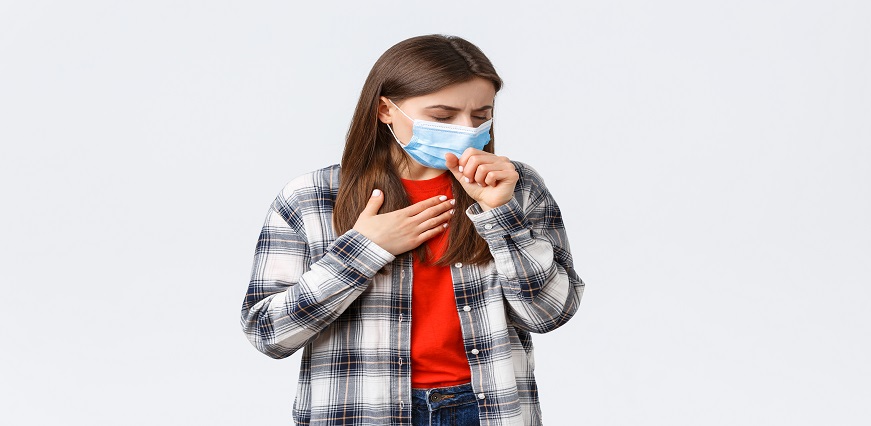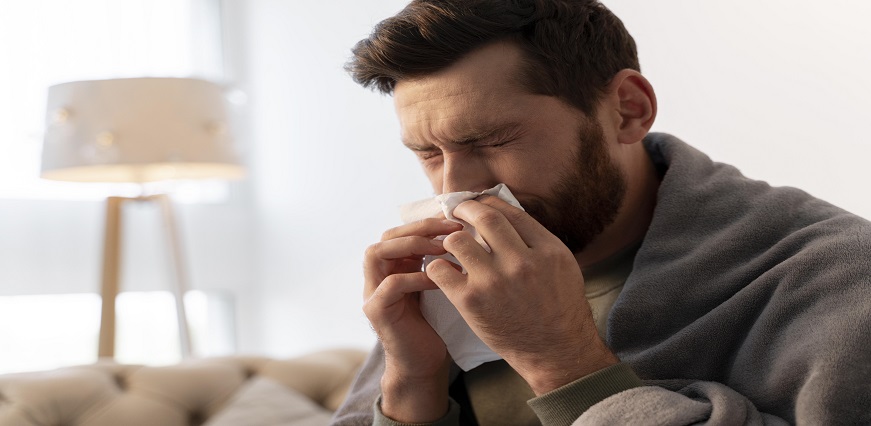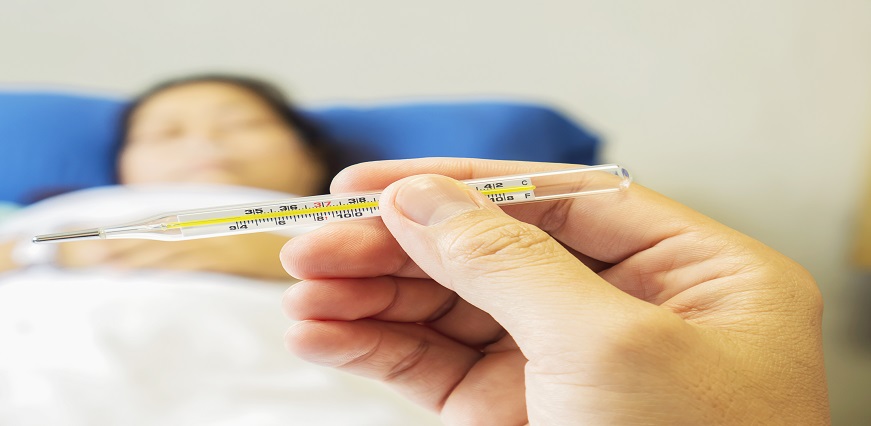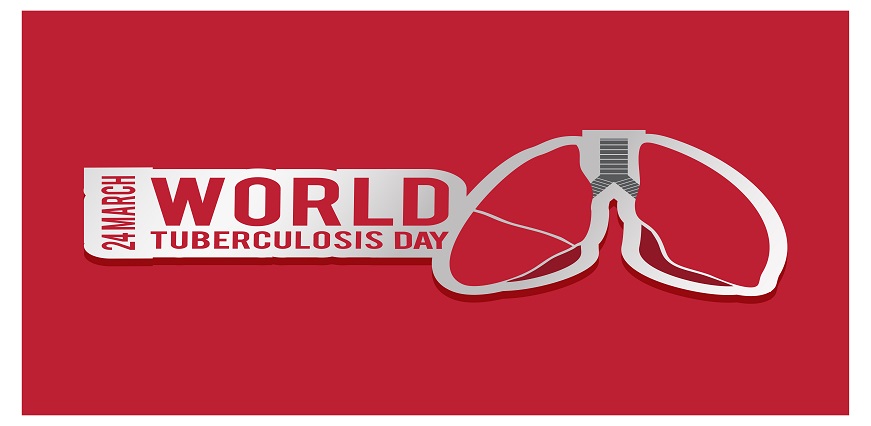





No lab centers are available in this city

Max Lab
Aug 29, 2024
Rat Bite Fever might sound like a scenario from a horror movie, but it's very much real and can happen to anyone. This infectious disease is often overlooked, yet it carries serious health implications. If you’ve ever wondered what happens if you're bitten by a rat or how common this fever really is, you're not alone. Understanding the symptoms of rat bite fever is crucial for prompt diagnosis and treatment.
Rat bite fever presents with a range of symptoms that can vary in severity. Initially, you might notice mild fever and chills. This symptom often appears within a week or two after exposure.
Rat bite fever is primarily caused by two bacteria: Streptobacillus moniliformis and Spirillum minus. These pathogens can be present in the saliva of infected rodents. When a person gets bitten or even scratches their skin after handling a rat, they become vulnerable to infection.
Certain risk factors increase the likelihood of contracting this illness. Individuals living in urban areas with higher rodent populations face greater exposure. Those working in environments like warehouses, farms, or laboratories may also be at an increased risk due to regular interactions with rats.
Poor hygiene practices amplify these risks as well. Handling food without proper sanitation after coming into contact with rodents can lead to transmission. It's crucial for pet owners and animal handlers to take precautions when dealing with any potential carriers of rat bite fever.
Preventing rat bite fever starts with controlling rodent populations around your home. Regularly inspect and seal any holes or cracks in walls, floors, and foundations where rats might enter.
Keep your living space clean. Store food in airtight containers to avoid attracting these pests. Dispose of garbage promptly and use bins with secure lids.
If you live in an area prone to rodents, consider using traps or contacting pest control professionals for assistance. Educate yourself about identifying signs of infestation early on.
When handling pets that may come into contact with rodents, wash your hands thoroughly after touching them. Always be cautious when dealing with wild animals; never attempt to pet or handle them directly.
Timely intervention is crucial. If you suspect exposure or show symptoms such as fever, rash, or joint pain after a rat bite, seeking medical assistance immediately is essential.
In some cases, hospitalization may be required for more severe reactions. Intravenous antibiotics can help manage complications effectively.
Pain relief medication might also be prescribed to alleviate discomfort associated with symptoms.
Complications from rat bite fever can be serious, affecting various organ systems. One of the most concerning effects is septicemia, which occurs when bacteria enter the bloodstream. This condition requires immediate treatment and can lead to severe health issues.
Joint pain or swelling may arise due to reactive arthritis following an infection. This painful complication can persist for weeks or even months.
In some cases, individuals might experience meningitis, an inflammation of the protective membranes covering the brain and spinal cord. Symptoms include headaches, neck stiffness, and sensitivity to light.
Long-term kidney damage is another potential outcome if not treated promptly. Regular medical follow-ups are essential for those who have had rat bite fever to monitor any lasting effects on their health.
Rat bite fever is a serious condition that can arise from an encounter with rodents, particularly through bites or scratches. Understanding the symptoms of rat bite fever is crucial for early detection and treatment. Common symptoms include fever, rash, joint pain, and headaches. These signs often appear within one to three weeks after exposure.

















Sign up takes less than 60 secs and gives you access to your offers, orders and lab tests.
Looks like you are not registered with us. Please Sign up to proceed
OTP will be sent to this number by SMS
We have successfully received your details. One of the agents will call you back soon.
 To reach our help desk call 9213188888
To reach our help desk call 9213188888
No Lab Centers are available in this city
Looks like you are not registered with us. Please Sign up to proceed
OTP will be sent to this number by SMS
Not Registered Yet? Signup now.Looks like you are not registered with us. Please Sign up to proceed





 7982100200
7982100200.png)
Comments